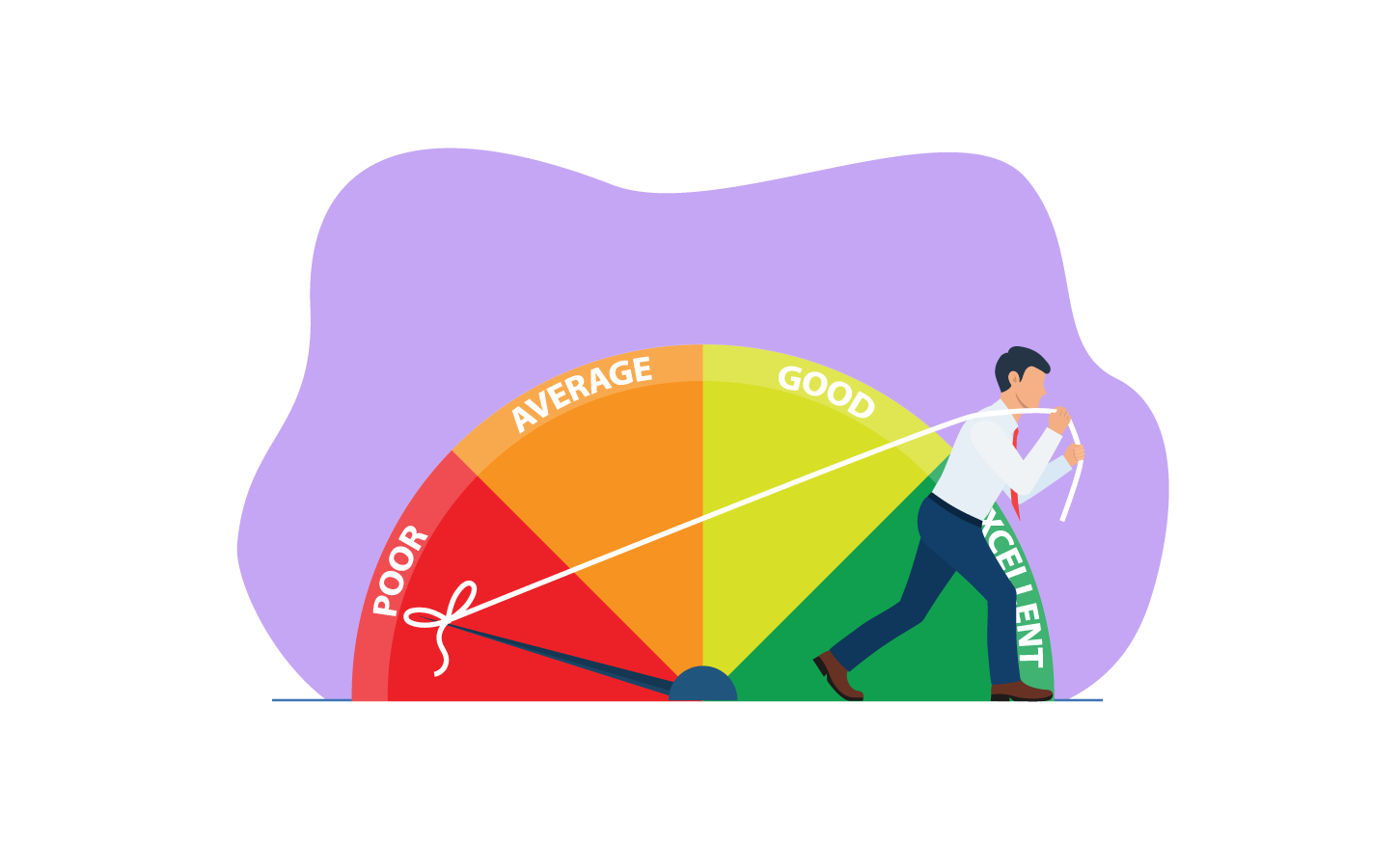At some point in your life, you may face situations where you need urgent cash or a fast loan. During such circumstances, you may resort to taking a loan from a money lender instead of a bank due to various reasons.
The great thing about taking a private, legal loan in Singapore is you’re protected in the eyes of the law. Licensed money lenders here have specific rules to follow if they want to remain in business. The rules also help to protect borrowers against illegal money lenders in Singapore who charge exorbitant interest rates and those who could use unnecessary violence or scare tactics when collecting debts.
Borrowers need to know the differences between a licensed money lender and a loan shark so they do not get scammed or put themselves in danger.
Let’s understand this: How do private money lenders work?
Compared to banks, licensed money lenders have less stringent requirements when it comes to loaning money. Sometimes, they also provide more flexible repayment modes or schedules.
Private money lenders are especially popular when people are looking for short-term cash loans or payday loans in Singapore. But it’s also in these moments of urgency that many fall prey to illegal money lenders when they desperately need a personal loan.
7 ways to spot a legal money lender from an illegal money lender in Singapore
1.Licensed money lenders are registered with the Ministry of Law while illegal money lenders are not
A really quick and simple way to check if the money lender you are dealing with is a legal one is to check the government listing for registered money lenders. You can easily access the link here.
2. Illegal money lenders do not operate in a physical office unlike licensed money lenders
Most borrowers are very savvy consumers, doing their research online and perhaps trusting enough to give their particulars to a website for the money lenders to contact them. The reality is, sneaky loan sharks can put up websites that imitate those of legal money lenders. This can put you in danger of identity theft and other scams because you can’t tell who is on the other end receiving such confidential information.
As it is, licensed money lenders must have business addresses that are listed on the Ministry of Law’s website. To verify if the money lenders you’re considering are legitimate, check that their physical addresses, landlines, and websites are the same ones listed on the MinLaw website.
That’s not all. Borrowers must visit the licensed money lender’s office to do face-to-face verification to get the loan; loans cannot be disbursed online! During your visit, licensed money lenders will take the chance to analyse your financial status and ability to repay the loan.
3. Licensed money lenders will limit your loan amount
A tell-tale sign you are dealing with an illegal money lender is the promise of you borrowing “unlimited funds”. However, we all know that this can’t be true. All licensed money lenders are required to set their maximum loan amounts based on your income.
In terms of the total amount that you will be eligible for, there are some guidelines that licensed money lenders follow. For secured loans, which are loans backed by collateral such as mortgages and car loans, you can obtain a loan of any amount.
However, applying for unsecured loans is slightly different. The maximum amount that you may borrow at any time across all legal money lenders in Singapore is limited to:
| Borrower’s Annual Income | Singapore Citizens and Permanent Residents | Foreigners Residing in Singapore |
| Less than S$10,000 | S$3,000 | S$500 |
| S$10,000 to S$20,000 | S$3,000 | S$3,000 |
| S$20,000 and above | 6 times of monthly income | 6 times of monthly income |
(Source: Registry of Moneylenders, Ministry of Law)
If a money lender initiates to lend you more than the legal limit, you should opt-out of the contract to steer clear of even more financial woes in the future.
4. Licensed money lenders require you to sign an official contract
A loan agreement is only legal and binding if there is a contract signed by both parties. The contract will clearly state the following information:
- Interest rate
- Loan tenor
- All types of fees charged
- Repayment options
Instead of a proper contract, an illegal money lender in Singapore may ask you to submit your Singpass to them (which you shouldn’t!) or take a selfie with your ID so that they can ‘verify your identity’.
Remember, your loan should only be valid with a proper contract. When you’re borrowing money, read your contract carefully. And then read it again. Make sure that the terms of the agreement are clear and reasonable.
5. Licensed money lenders have standardised caps on fees and interest rates
Currently, the maximum interest rate money lenders can charge is 4% per month. This cap applies regardless of the borrower’s income and whether the loan is unsecured or secured. This means that if a moneylender attempts to charge you a higher interest rate because you desperately need a fast payday loan or an urgent loan to make ends meet, run the other way!
A late interest can only be charged on the amount that is repaid late. To illustrate, if Andy takes a loan of $10,000, and fails to pay for the first instalment of $2,000, the money lender may charge late interest only on the $2,000, but not on the remaining $8,000 that is not yet due.
A maximum 4% interest rate per month works out to a maximum of 48% per annum. The limit on the processing fee is 10%.
Borrowing from unlicensed money lenders is never a good idea. Apart from putting you and your loved ones at risk of unlicensed money lender harassment, illegal money lenders are known for charging incredibly high interest rates and fees. They may also charge vague interest rates, or pile on additional charges that might cost you a lot of money after you’ve borrowed from them.
6. Licensed money lenders can only charge 3 types of fees
Loan sharks can come up with many creative ways to layer on the fees borrowers are liable for (e.g. an upfront payment fee to kickstart the loan processing step, an interest fee hike later in the tenure), but not legal money lenders.
Licensed money lenders can only charge these 3 types of fees:
- a fee equivalent to or less than S$60 for each month of late repayment
- a processing fee equivalent to or less than 10% of the principal loan amount
- legal costs granted by the court when a moneylender makes a successful claim on a borrower
Note that these are extra fees on top of the regular interest charges.
To sum up, the total charges imposed by a money lender on any loan, consisting of interest, late interest, upfront administrative, and late fees cannot exceed an amount equivalent to the principal of the loan.
7. Licensed money lenders will always have a proper bank account number
All licensed money lenders have a fixed account number for you to transfer your money to when you repay. If this keeps changing, there is a likelihood that your lender is not a legal one. They also need to issue a receipt every time you make any repayment towards your loan.
What are the signs I’m dealing with an illegal money lender?
1. They’re asking for user IDs and passwords.
Don’t reveal any of your passwords or OTPs to any money lender. Don’t reveal your NRIC number either.
After they’ve verified your IC, they should also keep it. Unlicensed money lenders might misuse your identity card to impersonate you while committing a crime.
2. They’re threatening you or using abusive language.
Remember that no professional business should adopt a threatening or demeaning tone. If a business has done that with you, make a police report.
3. They contacted you via WhatsApp or through SMS ads.
Take note that licensed money lenders are not allowed to solicit loans via text messages, phone calls, or social media platforms. This means no licensed money lender will reach out to you advertising a loan package.
In case you’re curious, licensed money lenders in Singapore are only allowed to advertise through:
- Business or consumer directories in print or online media
- Websites belonging to the licensed money lender
- Advertisements placed within or on the exterior (the side of the wall, door, shutter, gate, and window) of the licensed money lender’s business premises
4. They approved and transferred money to you remotely.
Licensed money lenders will not engage in entirely remote processes to establish your legitimacy. A face-to-face meetup is a must for both you and the money lender — it’s your chance to verify the legitimacy of the money lender!
How to find the most trusted private money lender in Singapore?
Borrowing from an illegal money lender knowingly or unknowingly can have serious consequences. It is your responsibility as a borrower to ensure you are taking a loan from a legitimate lender.
Finding a trusted money lender is not always easy when you’re trying to verify their legitimacy while also seeking to understand whether they’re the right fit for you.
This is where CompareSing can help ease the process. Our database holds a large list of reliable licensed money lenders who can offer you a personal loan, including short-term cash loans, micro loans, and payday loans in Singapore. Use CompareSing’s free comparison tool to help you find a licensed money lender now.

















